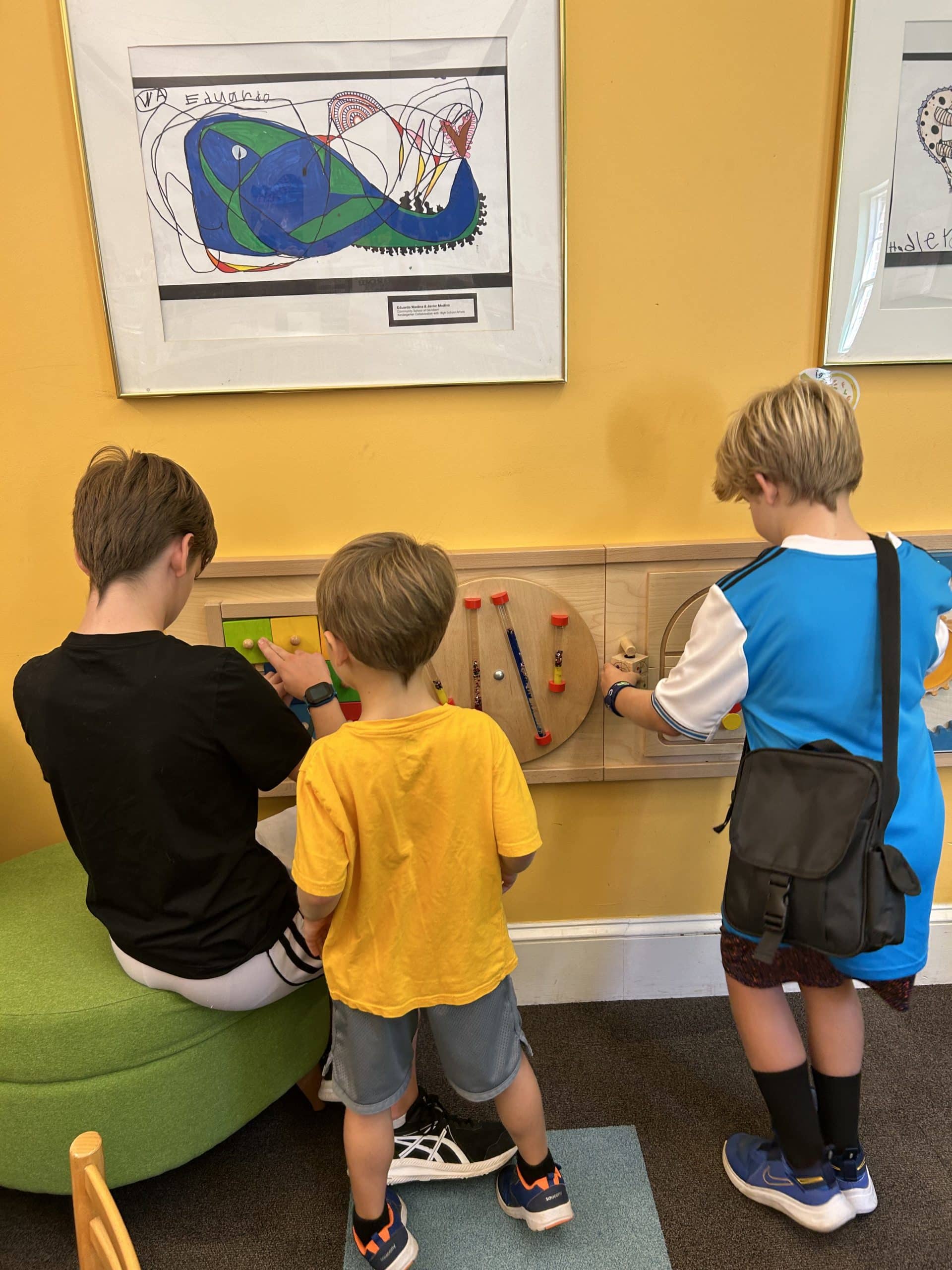Teamwork belongs in the classroom. It teaches students how to work respectfully with their peers. Also, it teaches students how to delegate tasks and trust peers to be accountable. As students work in teams they experience the perspectives of other students. Thus, they learn that other students have specific skills to benefit the team.
Teamwork and its Benefits
Some basic benefits come because students work as a team.
*First, social skills become strong. Students build oral communication, listening, and speaking skills. Also, they learn how to work as a unit. They can express their ideas and opinions.
*Next, self-confidence grows. Students learn that their opinions are important and respected.
*Teamwork eliminates bullying. Through the respect of others’ opinions, students avoid hurtful acts toward each other. Thus, teams end to stand together.
*Success for all. Consequently, success continues outside the classroom. Outside activities reap the benefits of working in teams. Students understand what it means to work in a team atmosphere.
As students can work collaboratively early in the classroom, they will work more productively with others on team activities.
A Team at Home
Many family activities give students a chance to practice at home. Games reinforce social skills. Through games, children learn collaboration, compromise, and respect.
Chores also provide students with the benefits of working with a team. Children learn to depend on their families if they run into trouble or a stressful situation. Additionally, it builds trust and allows for open communication. Family members become accountable to each other.
Students and Schools
A well-rounded education is important for all students. Therefore, teamwork is essential. Many team-building activities develop team spirit. The more students experience activities that enhance team-building, the more skills develop.
Reasoning skills and brainstorming ideas build skills for the team to utilize in the present and future. A functional team eventually sees an opportunity to distribute responsibilities to work efficiently together.
Students need to stay connected and understand what it is they are to achieve. Team-building keeps students on task.
![]()



